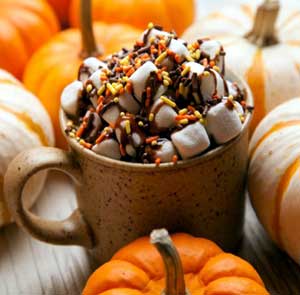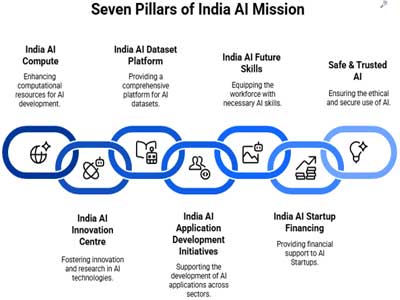Appealing to palates are pumpkin donuts, pumpkin ice cream, pumpkin latte – even chocolate pumpkin candy.
“If you believe the sales pitch, the pumpkin is the happiest, healthiest food ever,” said Suzy Weems, registered dietitian and professor of nutrition sciences in Baylor University’s College of Health and Human Sciences.
But a balancing act is important, Weems said.
Pumpkin pluses:
•Fiber? Check. This is a bonus dieters who want a full feeling.
•Zeaxanthin? Yes. A boon as a weapon against age-related macular degeneration and impaired eyesight.
•Low in cholesterol and high in Vitamin A? True, which makes for healthy skin and eyes and also an aid in fighting cancer.
•Heart-healthy phytosterols? They’re in pumpkin seeds.
•Magnesium, manganese, copper, phosphorus, protein, zinc and iron? “On the USDA/FDA rating schedule, pumpkins are a good source of all those,” Weems said. The combination makes a veritable "cocktail" for energy, growth and a top-notch immune system.
Pumpkins and the down side:
•Pumpkin snacks: “Pumpkin-laced candy is still candy,” Weems said. “Pumpkin seeds are good for making you feel full, but the fat doesn’t disappear when you roast and eat them.”
•Pumpkin desserts: “Be sure to notice how much pumpkin is really is in it, that it’s not just the flavoring.”
•Pumpkin in coffee or for breakfast: “A pumpkin latte is not going to mean any fewer calories if it’s made with a full-fat milk or syrup. And pumpkin doughnuts still have sugar.”
Pumpkin is "delightful -- but it's not a magic bullet," Weems cautioned. "Take a look at the total calories: If you have diabetes, you look at the sugar and total carbohydrates; if you have cardiovascular disease, look at the fat. Always be sure to read the container or the wrapper."


















Related Items
New compound synthesised can combat aggressive breast cancer
Cholesterol could power tomorrow’s electronics
Towards a potential cure for Alzheimer’s Disease...